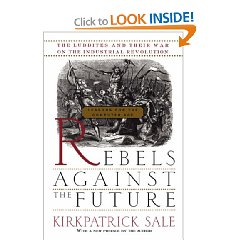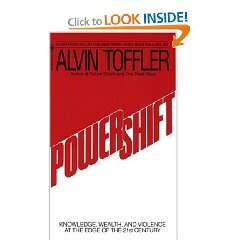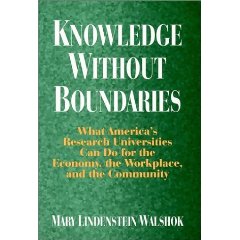Technology can make us smart. Or stupid. It can liberate. Or enslave. Norman joins a select group of thinkers advocating a human-centered approach to technology. Inspired (or, more accurately, depressed) by Jerry Mander, he wrote this book to examine the differences between humans and machines, and to establish some ground rules for policy that protected the one and leveraged the other. Norman notes that when technology is not designed from a human-centered point of view, it produces accidents and more often than not the human is blamed. He focuses especially on the distinction between experiential cognition and reflective cognition, and laments that television and entertainment are swamping us with the experiential and not teaching us the reflective. He is concerned that our ever-lengthening chain of technology dependence is forcing us to deal with ever-increasing loads of information at the same time that it weakens our inherent capabilities further. People first, science second, technology as servant.










